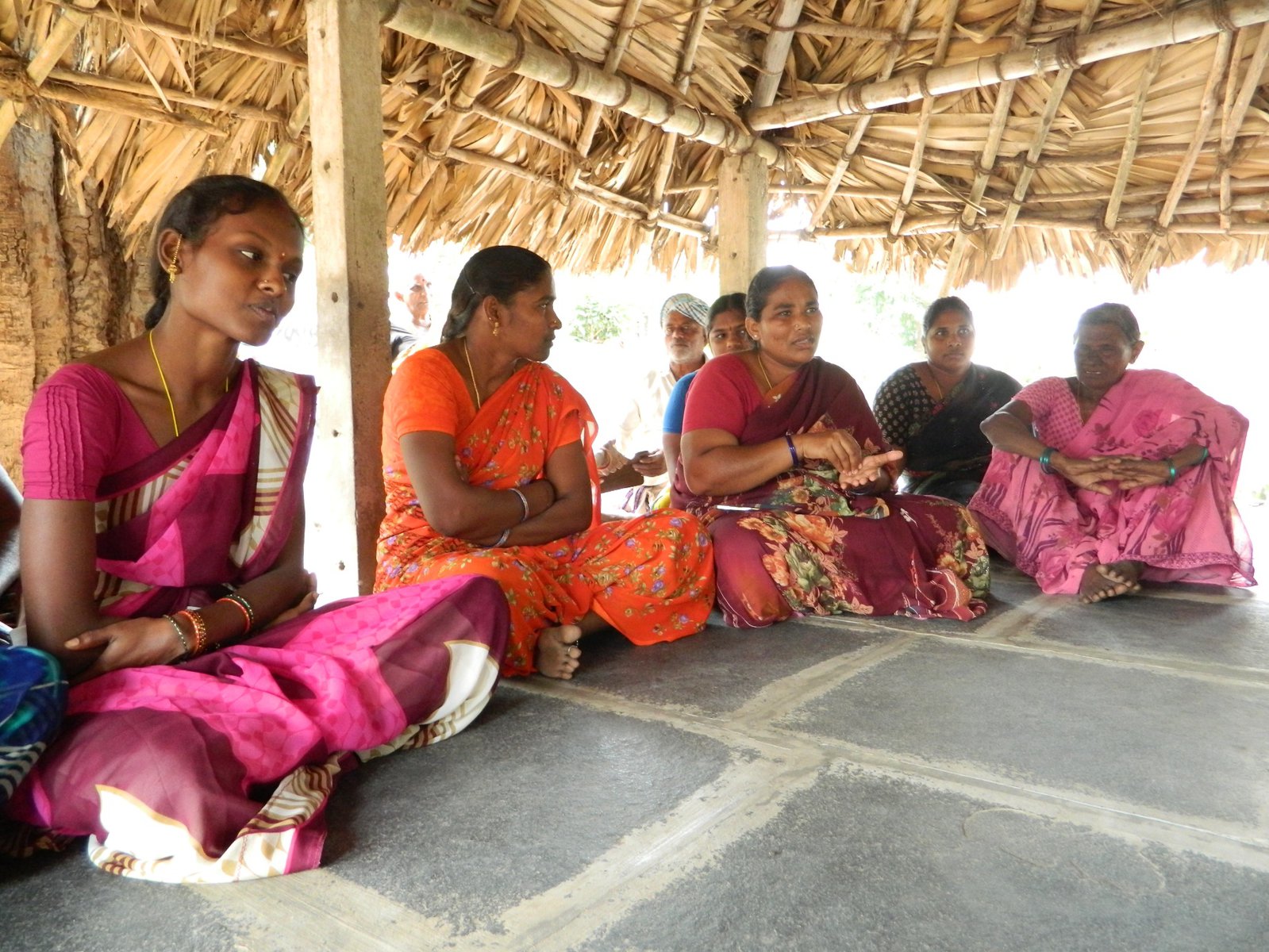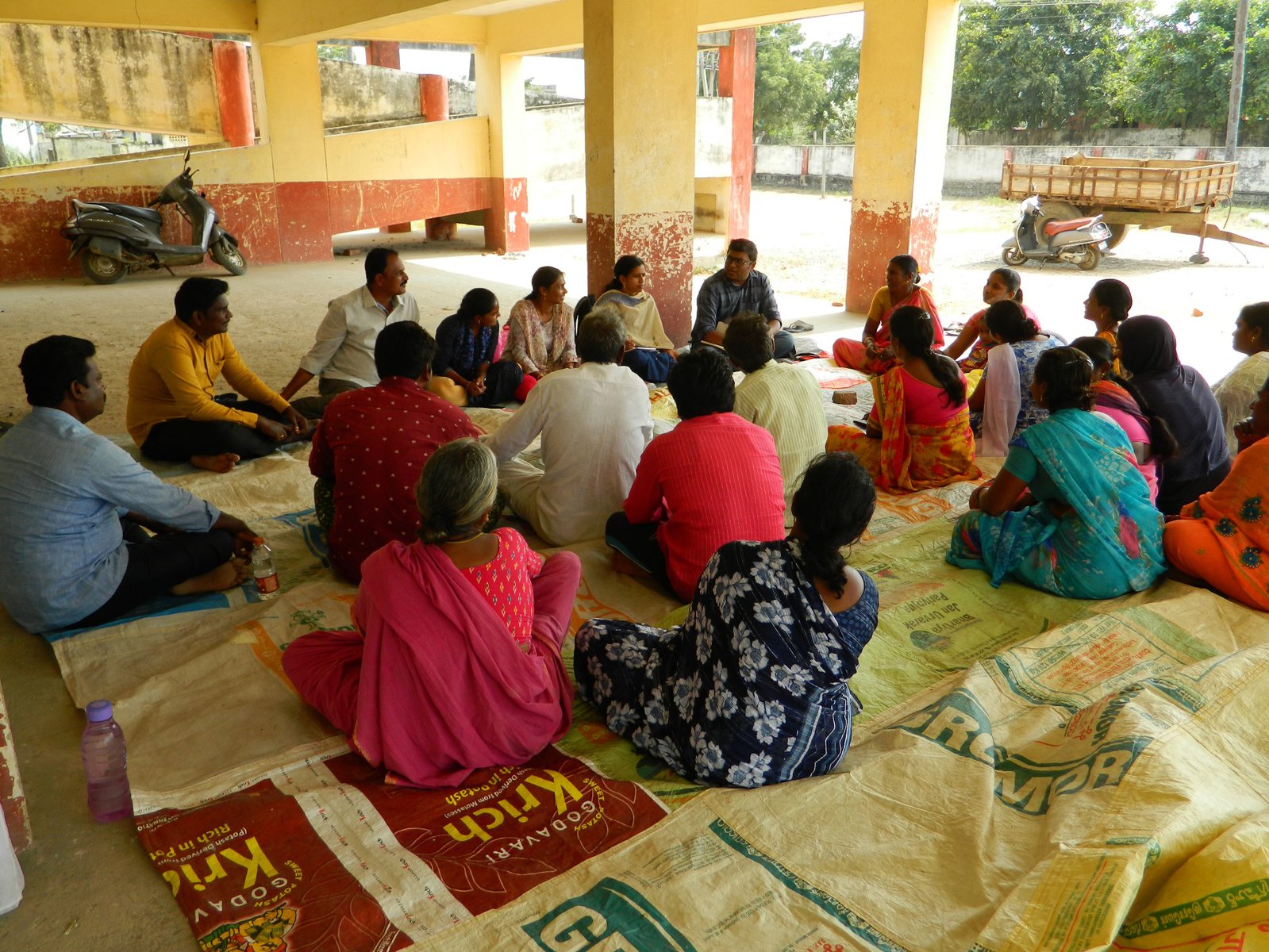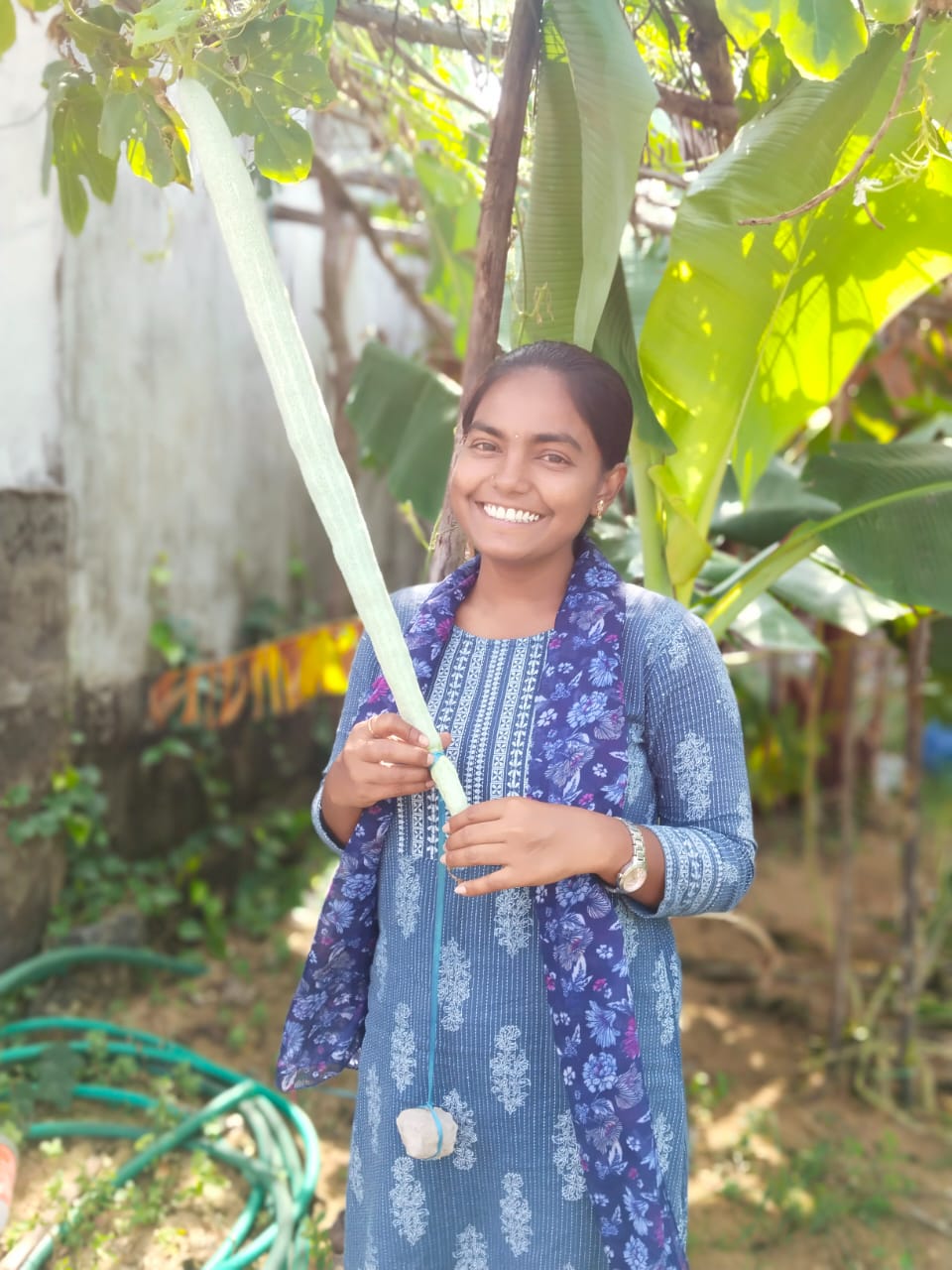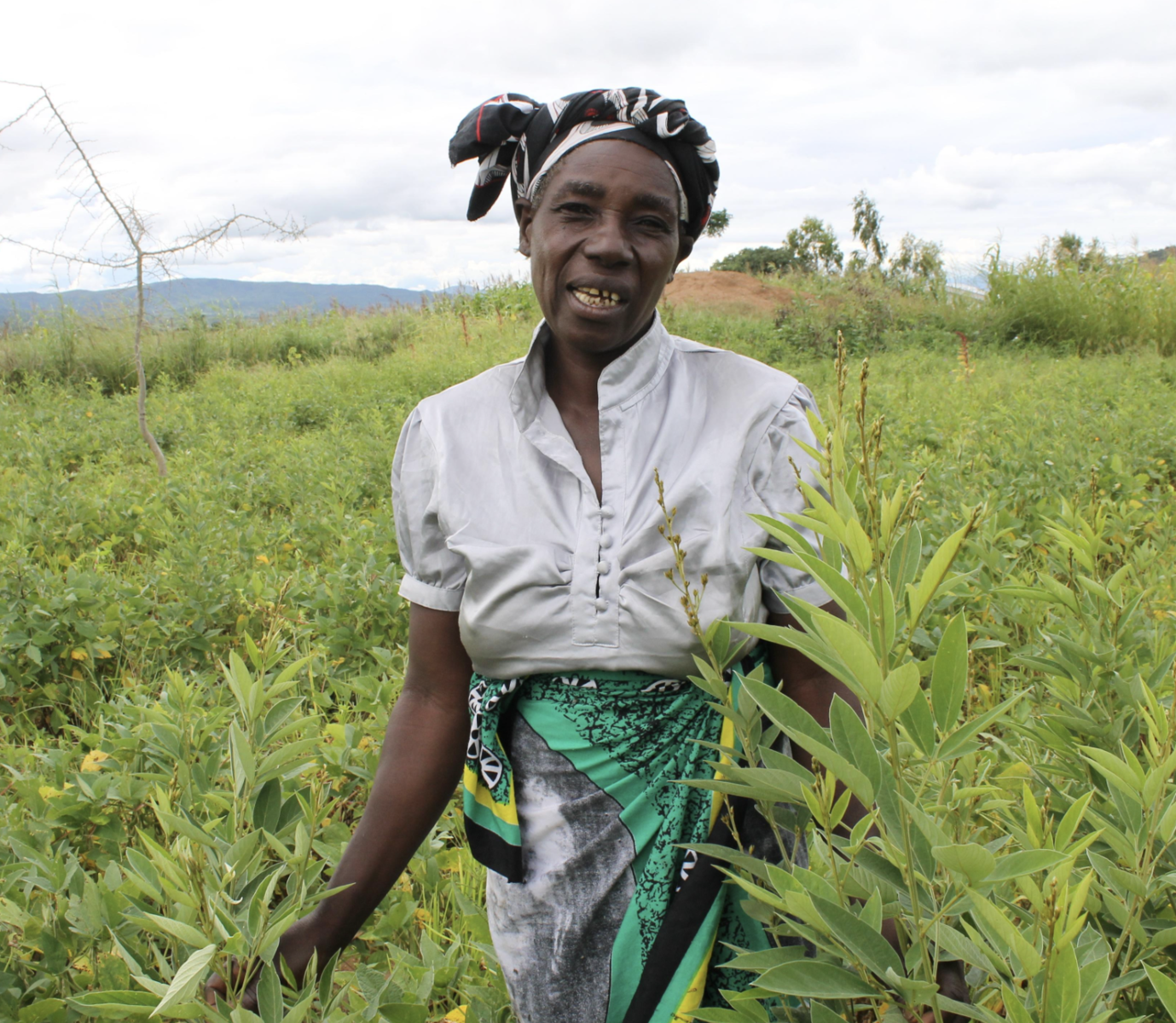

A Patient Is a Person is a series about how whole-person health is transforming the patient journey. It is supported by funding from UPIC Health.
Daily by midmorning, Hemalatha T felt completely drained, as if every ounce of energy had been zapped, leaving her weak and enveloped in gloom. She was frustrated by her deteriorating health and the constant trips to the hospital. Initially, she blamed the changing weather, but eventually, she discovered the real culprit: the chemical-laden food she had been consuming. This realization was part of what prompted Hemalatha, a farmer from Dhavuluripalem in Guntur district of Andhra Pradesh in India, to shift from conventional farming to natural farming or agroecology.
To make the switch, Hemalatha participated in a natural farming training program through Andhra Pradesh Community Managed Natural Farming (APCNF). A sustainable agriculture program initiated by the state of Andhra Pradesh, APCNF seeks to minimize the use of chemical fertilizers and pesticides, encouraging farmers to adopt locally sourced, environmentally friendly techniques to improve soil health, boost crop yields and enhance farmers’ livelihoods. The initiative emphasizes the use of natural inputs, crop diversification and water conservation to develop a more resilient and eco-friendly farming system.

“Soil is the foundation of nutrition” is the motto that underpins the health and nutrition programs at APCNF, which is run by the government-supported nonprofit Rythu Sadhikara Samstha (RySS). Such programs, which can significantly improve physical and mental health, cognitive development, economic opportunities and general well-being, aren’t just about adopting natural farming techniques. The goal is to nudge the consumption behavior of households more broadly, with the hope that the produce that comes from natural farming will lead to improved plate diversity — that is, healthier and more varied diets.
APCNF’s work includes individual and community-based nutrition gardens, backyard chicken coops and fisheries, and nutrition field schools like the one that Hemalatha attended, which educate communities about the benefits of natural farming and to teach the importance of health, nutrition and hygiene.
It also offers “food baskets,” packages containing a variety of nutrient-dense crops that are encouraged for both cultivation and consumption. These baskets aim to provide families with a balanced diet by promoting the growth and use of a range of crops, such as fruits, vegetables, grains and legumes. By encouraging the inclusion of these diverse crops in daily meals, APCNF aims to enhance the nutritional health of communities, reduce malnutrition and improve food security, particularly for vulnerable groups.
All of these efforts are geared toward providing nutritional security for marginal farming families in rural areas by getting them to cultivate a diverse range of organic, nutrient-dense fruits, vegetables and medicinal plants in their gardens year-round.
Weighed down by negative news?
Our smart, bright, weekly newsletter is the uplift you’ve been looking for.With a focus on treating the prevalence of malnutrition and related disorders, this integrated strategy seeks to change the way that participants approach their daily diet. Consuming more nutritious food with greater levels of iron, vitamin C, magnesium, zinc and phosphorus and lower levels of chemicals also translates to lower exposure to toxins. This results in lower inflammation and better immunity, according to Kavita Devgan, a nutritionist from Delhi. “Multiple health issues can be avoided as genetically modified ingredients could in some cases lead to toxicity, allergic reactions, antibiotic resistance and possible immunity suppression,” says Devgan.

Beginning in January 2019 and continuing through April 2022, these programs took place in 129 villages spread across 25 clusters. Of the 44,000 homes in these communities, 50 percent were made up of what APCNF calls the “1,000 days target group.” (The name refers to the vital period from the start of a pregnancy until the child’s second birthday, a timeframe crucial for a child’s development, making it essential to provide proper nutrition to support both physical and cognitive growth.) The group included children aged three to six, pregnant women, adolescent girls, lactating mothers and the poorest of the poor, all of whom the field teams closely monitored during that period.
These interventions had numerous positive results: improved food plate diversity; improved usage of leafy vegetables and other vegetables, legumes and eggs; better pregnancy outcomes; and improvements in child growth parameters of weight and height. “It is essential to sensitize the villagers over the need for consumption of naturally grown foods, and tracking their health gives us a better overview over community health,” said Sireesha T, a field coordinator of APCNF from Dhavuluripalem, Guntur District.
Most poor households received food baskets as part of the nutrition initiatives, which supplied essential nutritious food that they might not have been able to afford on their own. Moreover, by partnering with local institutions such as schools, hostels and Anganwadi Centers (rural child care centers), the program effectively reached families and widely disseminated nutrition information.
In Rangayapalem village of Prakasham district in Andhra Pradesh, data showed that villagers received good knowledge from APCNF regarding natural farming practices, principles, nutri-kitchen gardens, backyard chicken coops, small ruminants (cows or sheep) and fisheries. They were trained in local marketing, networking, seed preservation and seed storage to help them become less dependent on the food baskets and allow them to save their own seeds. Villagers participated enthusiastically in conversations with the APCNF team, where they discussed the improvement of health and nutrition in their village.
The health and nutrition interventions were effective, with 80 percent of households reaching a diverse diet. To prevent malnutrition, the APCNF team ensured that 80 percent of the households in the 1,000 days target group had better nutritional outcomes. Progress was tracked by monitoring children’s growth and the hemoglobin levels of women and adolescent girls.

In most of the villages in Andhra Pradesh, the staple diet mainly consists of rice, one or two legumes and just a few vegetables. As a result, children and women often suffer from various health issues. But households in villages that were monitored by APCNF and practiced natural farming are now consuming a more balanced and nutritious diet, including rice, legumes, vegetables, poultry, eggs, fruits and other diverse foods. “We can call this a ‘Super Kids Program,’ as children whose mothers consumed healthy food were born with good health and good developmental milestones,” says Thallam Vijay Kumar, the executive vice chairman of RySS. According to Kumar, there has been a great improvement in the health of pregnant women and more women have been able to give birth naturally rather than needing C-sections.
A research study found that nearly 80 percent of the families in Andhra Pradesh consuming naturally farmed food noticed improvement in their diabetes, hypertension and stomach issues. All targeted households reported that their infants’ health and stamina had improved.
Ch.Yellamma and M. Nagalakshmi, natural farming fellows with APCNF, have been actively engaged in community work for the past five years, inspiring households to adopt healthier and safer dietary habits. Through their consistent counseling on health and nutrition interventions, they have significantly influenced households in both production and consumption practices.
“I am really happy that we were able to reach out to people and change their mindsets about the importance of natural farming, which helps them lead a healthy and balanced lifestyle,” says Yellamma.






